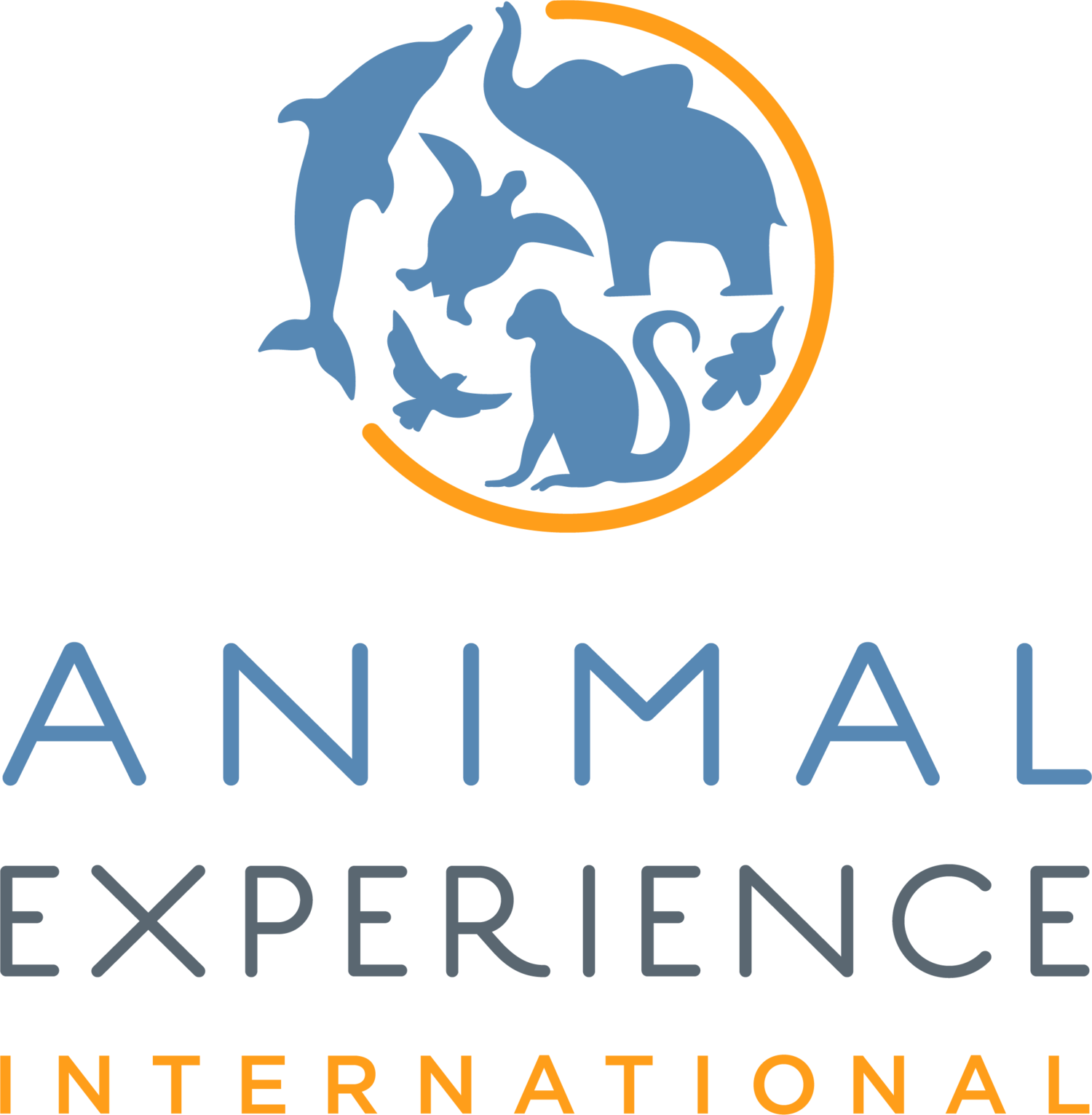Gap Year Interview
Are you thinking about a Gap Year- from school, from work, from life??
Well, this just in: LinkedIn now has a section so you can register your Gap Year. If you took a gap in your education or professional life and want to explain it- you can. If you don’t want to- that is okay, too. If you want to show off that you travelled, took part in volunteering, learned in the experiential classroom that is life or something else- you can do that!
Thinking now about gap years and perhaps the ethics behind them? Don’t panic! We do that for you! Here is us in conversation with Jazz from the Canadian Gap Year Association talking about all things ethics, consent and gappy! Canadian Gap Year Association x Animal Experience International.
Let us know what you think and if you want to talk more about your Gap Year!
Consent Based Tourism
Consent somehow is the gold standard, not the baseline of interactions in every day life and while the world is (thankfully) changing, we want to make sure that travel is changing, too. We are working hard to make Consent Based Tourism not aspirational but the standard of all travel interactions.
With Consent Based Tourism, all parties in each interaction are giving a 'full body yes'. They want the interaction to happen, or they don't and they are free to leave and feel safe doing so.
The three main parties are the local community members, the animals in the area and the traveller.
In order for a community and it's members to consent they have to not just accept the traveller, they have to welcome and invite the traveller. In a time of a pandemic there are some communities who legally are allowing visitors but their members may feel unsafe, uncomfortable or like they have been coerced into having international visitors. Consent Based Tourism makes sure it's not about the entitlement of the traveller but the safety and comfort of the hosts.
The second individual that we must consider are the animals. Animals must consent to any interactions so there can't be chains, tethers or leashes on wild animals. This means no intimidation or violence as a tool of behavior control or modification. If an animal is in an enclosure (perhaps at a sanctuary) the animal can interact with the traveller if it wants but it can leave the interaction and has space to hide and be comfortable. Animals have the right to privacy and comfort and Consent Based Tourism makes sure they get it.
The last individual to think about in Consent Based Tourism is the traveller. Does the traveller want to be part of the interaction or can they leave without feeling like there is coercion? If they want to travel somewhere and are feeling a 'full body yes' they will enjoy it more, be more willing to take part in immersive experiences and even consider things like volunteering and public service along with their engagement.
Consent Based Tourism may be a new idea but we hope we hope it grows and becomes an ‘obvious’ idea. Something that goes without saying because without consent how can tourism be a force for good?



